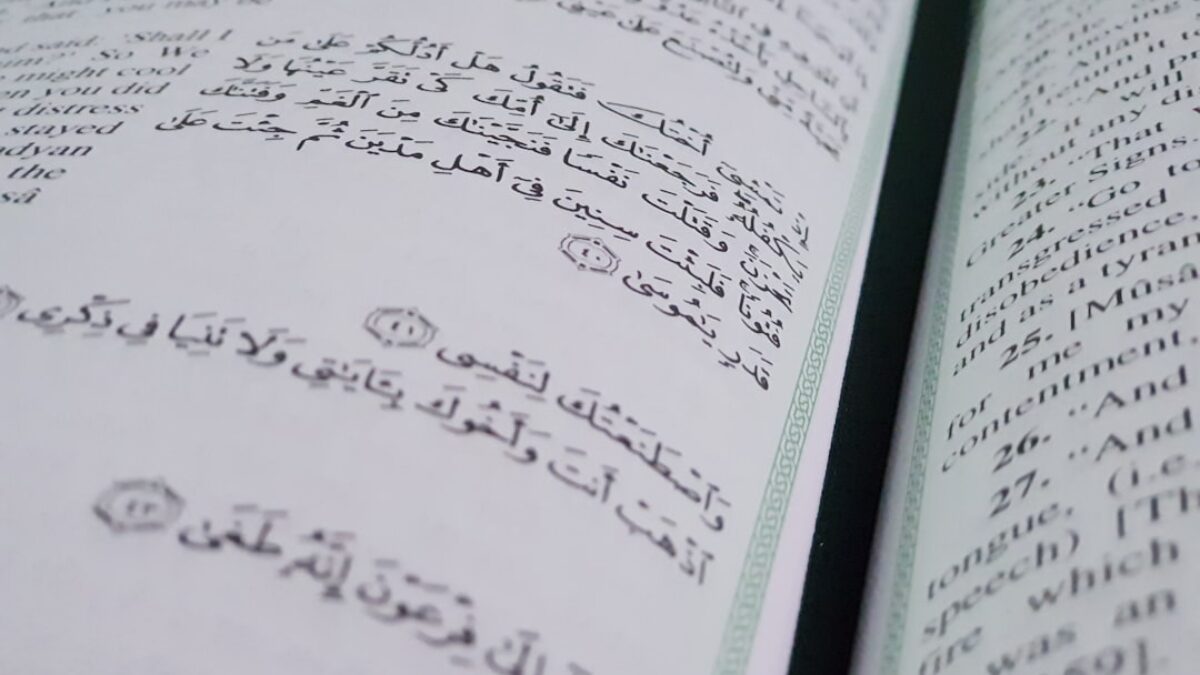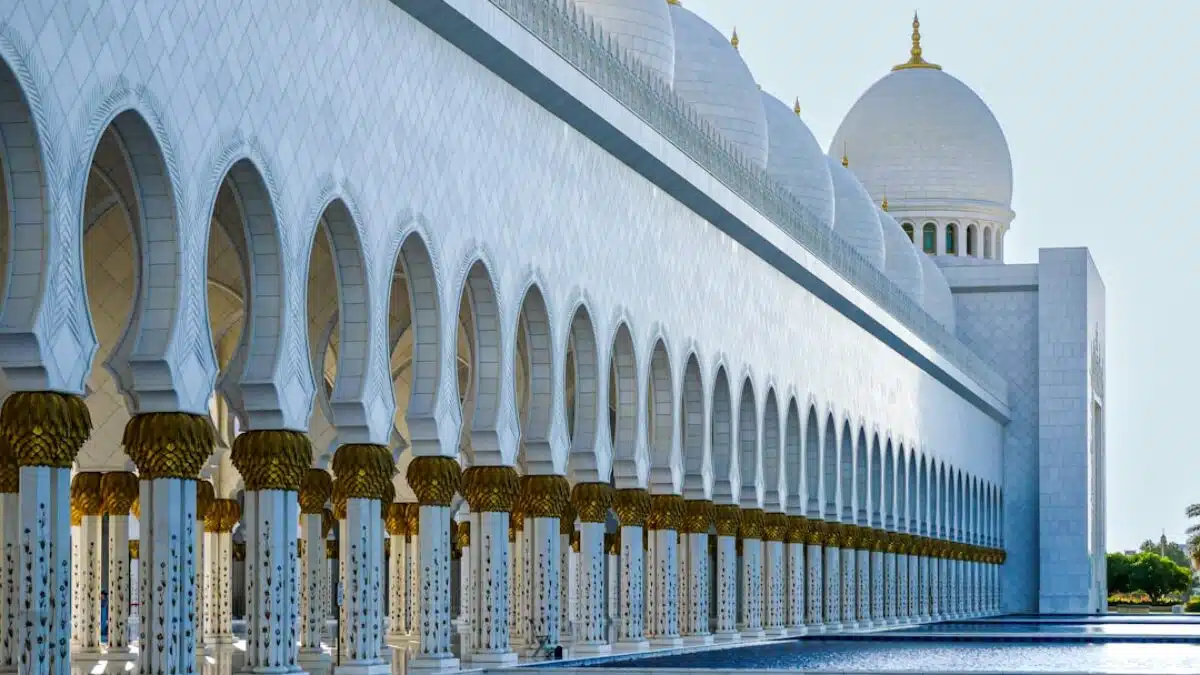Islamic theology—ʿilm al-kalām—is the intellectual heart of the Muslim tradition, where reason, revelation, and spirituality intersect. It explains what Muslims believe about God, the universe, and the human soul, and it does so with a rigor that has shaped world civilizations for over fourteen centuries. Whether you are a student of comparative religion, a new Muslim seeking orientation, or simply curious about how Islamic thought answers life’s ultimate questions, this introduction provides a clear map through the core beliefs, classical schools, and spiritual foundations that continue to animate more than 1.9 billion lives today.
Understanding Islamic Theology
Islamic theology is not a single monolithic system but a dynamic conversation rooted in the Qur’an, the Prophet’s example (Sunna), and centuries of scholarly debate. At its simplest, theology asks three questions:
- Who is God?
- What is reality?
- How should humans respond?
Every major Muslim thinker, from the Companions of the Prophet to contemporary scholars, has framed answers within these parameters, giving rise to diverse yet interrelated schools of thought. The key is to see theology as both rational and experiential: it upholds logical coherence while inviting personal transformation.
Revelation and Reason in Balance
Unlike traditions that separate faith and reason, Islamic theology insists on taʾwīl (sound interpretation) that honors both sources. When the Qur’an declares, “Indeed, in the creation of the heavens and the earth are signs for people of understanding” (Qur’an 3:190), it legitimizes empirical observation and rational reflection as acts of worship. Classical scholars such as al-Ghazālī and Ibn Taymiyya emphasized that aql (intellect) is itself a divine gift whose misuse, not use, leads to error.
Key Components of Islamic Theology
1. Core Beliefs (ʿAqīda)
The structure of Muslim creed can be summarized in six primary articles, universally accepted across Sunni, Shiʿi, and Ibadi traditions:
- Tawḥīd – Absolute oneness of God
- Nubuwwa – Prophets and messengers
- Kutub – Revealed scriptures
- Malāʾika – Angels as obedient servants of God
- Al-Ākhira – Afterlife, resurrection, and final judgment
- Qadar – Divine decree and predestination
Tawḥīd: The Unifying Principle
Tawḥīd is not merely numerical oneness but ontological uniqueness. God is al-Aḥad (the Absolutely One), indivisible in essence, attributes, and actions. This principle undergirds Islamic ethics—if God is one, then all life is interconnected under a single moral order.
Prophets and Scriptures
Muslims recognize twenty-five named prophets, from Adam to Muhammad, and believe their essential message is identical: worship God alone and uphold justice. The Qur’an is considered the final, unaltered scripture, while earlier texts (Torah, Psalms, Gospels) are respected yet viewed as partially corrupted over time.
2. Classical Schools of Theology
| School | Founder | Key Doctrines | Contemporary Influence |
|---|---|---|---|
| Ashʿarism | Abū al-Ḥasan al-Ashʿarī (d. 936) | God’s attributes are real yet not identical to essence; occasionalist cosmology | Prevalent in Sunni universities and seminaries worldwide |
| Māturīdism | Abū Manṣūr al-Māturīdī (d. 944) | Emphasizes human rational capacity prior to revelation; free will within God’s decree | Major school for Hanafi Sunni communities |
| Atharism/Hanbalism | Aḥmad ibn Ḥanbal (d. 855) | Limited rational speculation; prioritizes textual literalism | Influences Salafi and many Gulf-region scholars |
| Imami (Twelver) Shiʿi | Imam Jaʿfar al-Ṣādiq (d. 765) | Divinely guided Imams; rational proofs for theological tenets | Dominant in Iran, Iraq, parts of Lebanon and South Asia |
| Ismāʿīlī Shiʿi | al-Muʿizz li-DīAllāh (d. 975) | Esoteric interpretation (bāṭin); cyclical history | Present in East Africa, South Asia, diaspora |
| Ibāḍism | ʿAbd Allāh ibn Ibāḍ (8th cent.) | Moderate predestination; emphasis on justice and community integrity | Oman, parts of North and East Africa |
Each school developed sophisticated dialectical methods to defend the faith against rival claims—be they Greco-Hellenistic philosophy, Christian polemics, or internal sectarian challenges.
3. Spiritual Foundations
Islamic theology is inseparable from spiritual purification (tazkiyat al-nafs). The Qur’an describes the human being as composed of:
- Rūḥ – Spirit, breathed into Adam by God
- Nafs – Ego or lower self, prone to heedlessness
- Qalb – Heart, the locus of gnosis and intention
Stages of the Soul
Classical Sufi manuals map seven ascending stages from nafs al-ammāra (the commanding self) to nafs al-mulhima (the inspired self) and ultimately nafs al-rāḍiya al-marḍiyya (the self fully at peace). Theological reflection without corresponding inner work is deemed hollow.
The Role of Dhikr and Muḥāsaba
Dhikr (remembrance of God) is both liturgical—reciting Qur’an, glorifying God—and existential—seeing every moment as laced with divine signs. Muḥāsaba (self-audit) is a nightly practice where believers review intentions and actions, aligning micro-behaviors with macro-beliefs.
Benefits and Importance
1. Intellectual Coherence
Islamic theology offers a worldview where science, ethics, and metaphysics cohere. For example, the Qur’anic concept of ʿamal ṣāliḥ (righteous action) links environmental stewardship to belief in a Creator who entrusted humans as khalīfa (stewards) on Earth. Thus, sustainability is not an add-on but a theological obligation.
2. Ethical Guidance
Belief in the Day of Judgment inoculates against short-termism. A 2025 World Bank study on Islamic micro-finance observed that clients who attended weekly theology circles showed 23 % higher loan repayment rates, attributing the outcome to heightened moral accountability.
3. Social Solidarity
Theological concepts like Ummah (global community) and Wilāya (protective friendship) foster networks of mutual aid transcending race and nationality. During the 2025 pandemic, Muslim NGOs leveraged these frameworks to deliver over 5 million food parcels in 35 countries, according to the UN OCHA report.
Practical Applications
1. Daily Life Integration
Turning abstract beliefs into lived reality can be as simple as:
- Morning Intention (niyya): Begin each day by aligning daily tasks—work emails, parenting, study—with the intention of seeking divine pleasure.
- Pause-and-Reflect Technique: Set phone alerts to recite subḥāAllāh wa bi-ḥamdih (“Glory be to God and praise is due to Him”), creating micro-moments of mindfulness.
- End-of-Day Gratitude Log: Record three events where you noticed divine providence, reinforcing qadar as mercy rather than fatalism.
2. Academic and Interfaith Dialogue
When engaging secular universities or interfaith panels:
- Define terms contextually: Clarify that jihād primarily denotes spiritual struggle, not violence.
- Use analogies: Compare tawḥīd to the scientific quest for a “unified theory” in physics—both seek an elegant, singular explanation.
- Share lived narratives: A Muslim cardiologist explaining how belief in ākhirah influences end-of-life care humanizes the doctrine.
3. Youth Education
Modern pedagogical tools can make theology resonate:
- Story-based curricula: Weave Qur’anic parables with contemporary case studies—e.g., the Prophet Joseph’s resilience against workplace harassment.
- Interactive quizzes: Gamify lessons on angelology by having students match each angel with its function.
- Service-learning projects: Link study of zakāt to raising funds for local homeless shelters, embodying theology in action.
Frequently Asked Questions
What is the difference between ʿaqīda and fiqh?
ʿAqīda deals with what Muslims believe—articles of faith, God’s nature, the unseen—while fiqh governs how Muslims act—rituals, contracts, penal codes. Think of ʿaqīda as the foundation and fiqh as the architectural blueprint. Without sound belief, legal practice risks becoming hollow ritual.
Do all Muslims adhere to one theological school?
No. The Sunni community primarily follows Ashʿari, Māturīdi, or Athari positions, whereas Shiʿites align with Imami or Ismāʿīlī doctrines. However, grassroots piety often blends elements, and modern movements like “Qur’anism” challenge classical boundaries. The core articles of faith, though, remain largely uniform.
How does Islamic theology view evolution?
The Qur’an states that God created all life in stages (71:14). Classical scholars like al-Jāḥiẓ (d. 869) proposed proto-evolutionary ideas. Contemporary theologians range from literal six-day creationists to theistic evolutionists who see natural selection as one of God’s sunnan (laws). The key debate centers on whether Adam was created de novo or through an evolutionary process, with most Sunni seminaries currently upholding a special creation for Adam.
Is predestination compatible with free will?
Islamic theology frames this as “acquisition” (kasb): God creates all possibilities, while humans “acquire” moral responsibility by choosing within them. Ashʿarites compare it to a merchant selling both poison and medicine; the choice is real, yet the merchant’s provision encompasses both outcomes. The balance preserves divine omnipotence without negating moral agency.
What role do women play in theological discourse?
Historical figures like ʿĀʾisha bint Abī Bakr issued legal opinions and corrected male scholars. Today, institutes such as Cambridge
























Post Comment